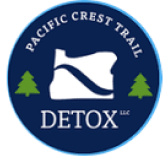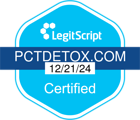Substance abuse is a prevalent issue that is incredibly challenging to navigate alone. The road to recovery is often filled with fear and uncertainty, creating barriers for individuals seeking help. However, gaining a better understanding of the treatment approaches makes it less daunting for everyone.
Equipping yourself with accurate and comprehensive information makes overcoming addiction more manageable. For instance, learning the intricacies of detoxification and what to expect during the process lets you take on your rehabilitation with clarity.
In short, the more individuals know about the detoxification process, the more prepared they will be to make informed decisions that support their long-term recovery.
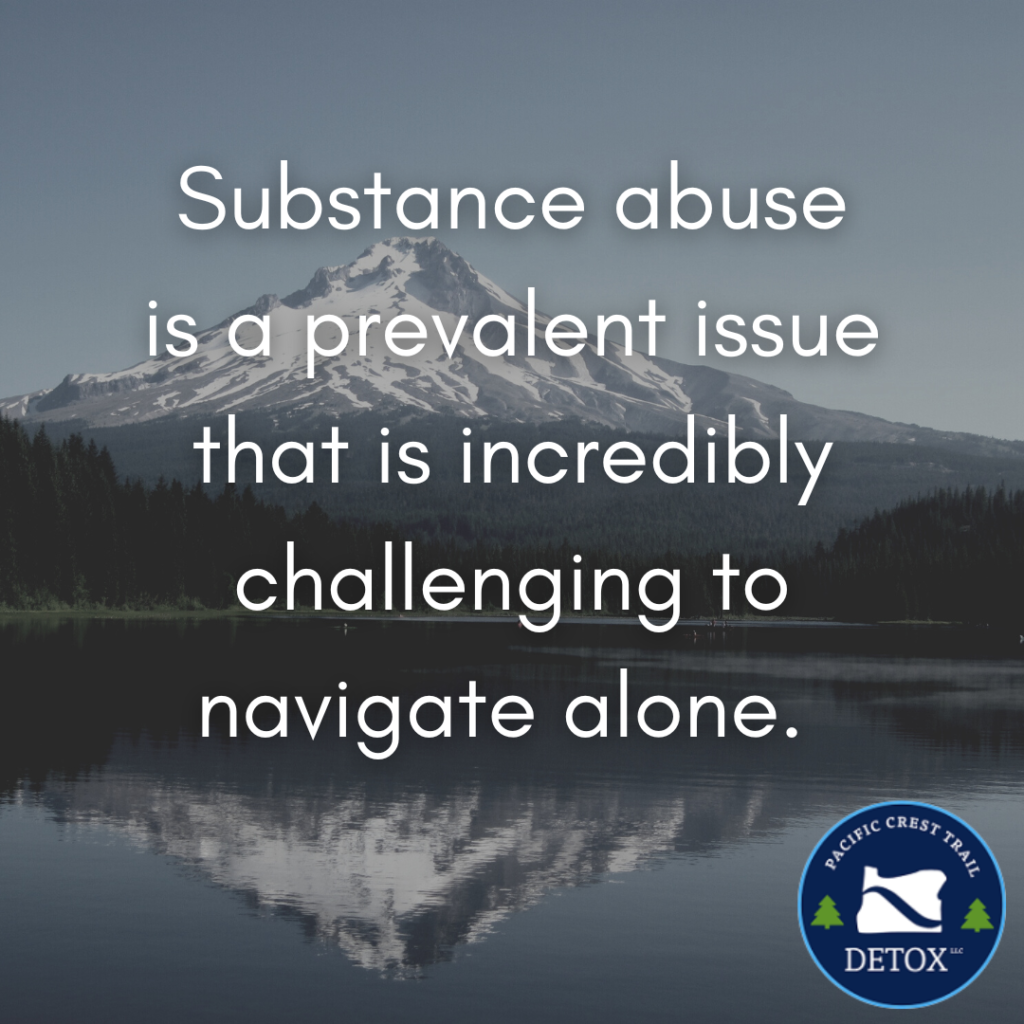
8 Common Withdrawal Symptoms During Detox
Experiencing withdrawal symptoms is a natural but unpleasant consequence of a drug detoxification process. It occurs when you stop taking a substance abruptly without a professional’s guidance.
Its intensity and duration depend upon several factors, such as the substance involved, the addiction level, and the individual’s general mental and physical health. Some withdrawal symptoms can be dangerous – so seeking help from a treatment professional is advised.
Here are some common detox withdrawal symptoms:
Mood swings
Individuals undergoing the detox process may encounter emotional symptoms such as anxiety and depression. You must address these symptoms to avoid relapse and encourage successful recovery. Take note, though, that even after the initial detox period, individuals may still experience a set of impairments known as Post-Acute Withdrawal Syndrome. It can go on for weeks or months, and their symptoms may resemble those of mood and anxiety disorders.
Irritability and Agitation
Individuals may feel highly agitated and irritable during detox. This can be due to different factors, including the discomfort of withdrawal symptoms, lack of sleep, and changes in brain chemistry.
Insomnia
The body’s natural rhythm and sleep patterns are disrupted when you are detoxing from drugs or alcohol. Unfortunately, these sleep disturbances can worsen withdrawal symptoms. As a person detoxes, they may also get vivid dreams or nightmares that further disrupt their sleep, adding to the challenge of getting a good night’s rest.

Nausea and Vomiting
Nausea and vomiting are other symptoms experienced during detox and can significantly impact a person’s comfort level. Severe vomiting can result in the loss of fluids and electrolytes, potentially leading to dehydration. It’s crucial to monitor these symptoms carefully, as dehydration can become life-threatening if left untreated.
Muscle and Joint Pain
While on detox, you may also experience body aches and cramps. This discomfort can limit mobility and disrupt your ability to perform daily tasks. It can further add to the frustration of going through drug detox.
Tremors and Seizures
Tremors are involuntary shaking movements affecting various body parts. They are often caused by changes in the central nervous system due to the withdrawal of certain substances. On the other hand, seizures are episodes of abnormal electrical activity in the brain causing convulsions, loss of consciousness, and muscle stiffness.
Sweating and Chills
Individuals may experience sudden changes in body temperature while on detox. These temperature fluctuations make it difficult for the body to maintain a stable temperature, leading to excessive sweating or chills.
Cravings
These can be so overpowering that they can dominate an individual’s thoughts and attention. These can last for weeks or even months after the detox process, which can make the recovery process particularly difficult.
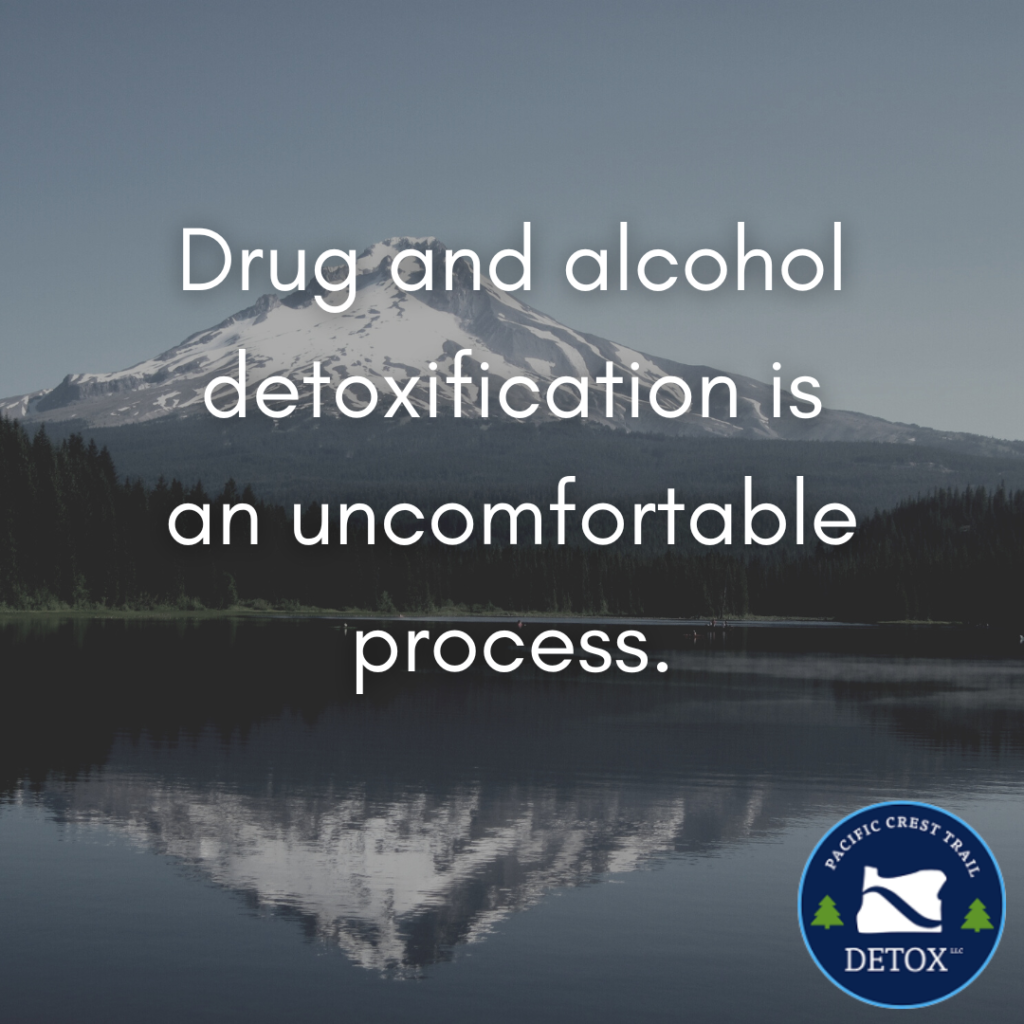
Medications Used During Detox
Drug and alcohol detoxification is an uncomfortable process. Thankfully, there are prescription medications that can help manage detox withdrawal symptoms and lessen the risk of medical complications. Some of them could be habit-forming, so medical professionals must closely monitor patients who are taking them.
Here are some common medications used in drug and alcohol detox:
Acamprosate
Sold under the brand name Campral, this medication is administered two to three times daily. Acamprosate is prescribed following alcohol withdrawal to help prevent one’s urges to drink.
Anticonvulsants
These medications can minimize the symptoms of alcohol withdrawal, such as seizures and cravings. Commonly prescribed anticonvulsants in alcohol detox include carbamazepine, valproic acid, gabapentin, and vigabatrin.

Antidepressants
These medications correct chemical imbalances in the brain to regulate mood and behavior.
Anti-nausea medications
Patients may feel nauseous during the detox process. With that, the doctor may prescribe anti-nausea medications, such as Zofran, promethazine, and metoclopramide, to relieve this symptom.
Benzodiazepines
These are nervous system depressants usually prescribed to address severe anxiety or insomnia.
Methadone
Methadone works by reducing cravings for opioids and controlling withdrawal symptoms. It can also prevent people addicted to prescription opioids from using illicit drugs like heroin.
Naltrexone
It intercepts the euphoric and sedative effects of opioids like heroin, morphine, fentanyl, and codeine to reduce cravings.
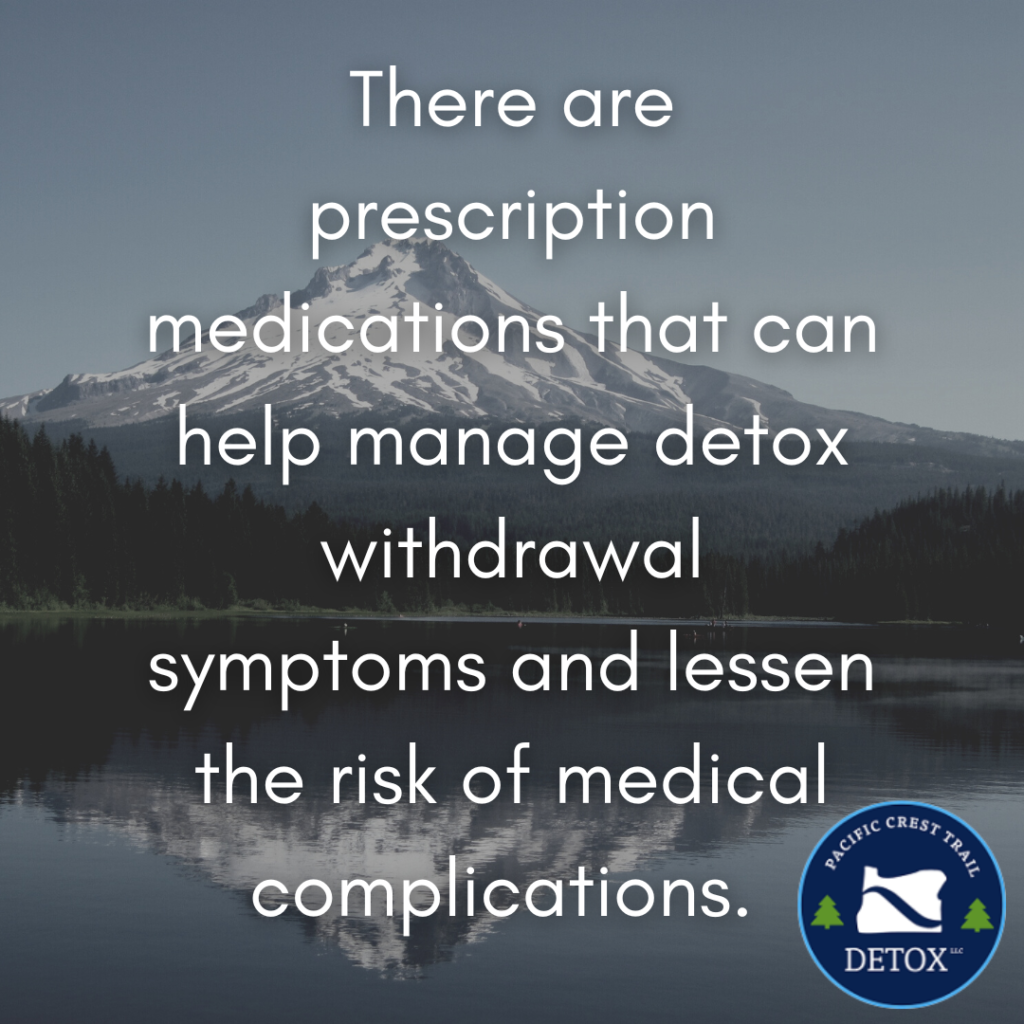
Suboxone
A combination of an opioid agonist and antagonist, Suboxone, is used to treat opioid use disorder. It works by activating opioid brain receptors and blocking or reversing the effects of the substance.
Subutex
Similarly, Subutex works by reducing the symptoms of opioid withdrawal and cravings. It blocks the euphoric effects people often experience when taking illicit drugs.
Summing It Up
When someone undergoes detoxification, they are essentially clearing their body of any toxic substances, particularly drugs or alcohol. This process can be uncomfortable and can even lead to withdrawal symptoms.
These symptoms occur because the body has become physically dependent on the substance, and once it is removed, the body must readjust and rebalance itself without it. Nevertheless, managing them appropriately can make all the difference in ensuring your safety and comfort.
There are several things that can help with detox withdrawal, including medication-assisted treatment, therapy, and support groups. This is where Pacific Crest comes in. Our team of experienced medical professionals will provide you with the support you need to manage withdrawal symptoms effectively.
Taking the first step towards detoxification can be daunting, but with Pacific Crest’s holistic approach, you can rest assured that our staff will guide you every step of the way toward holistic wellness.

